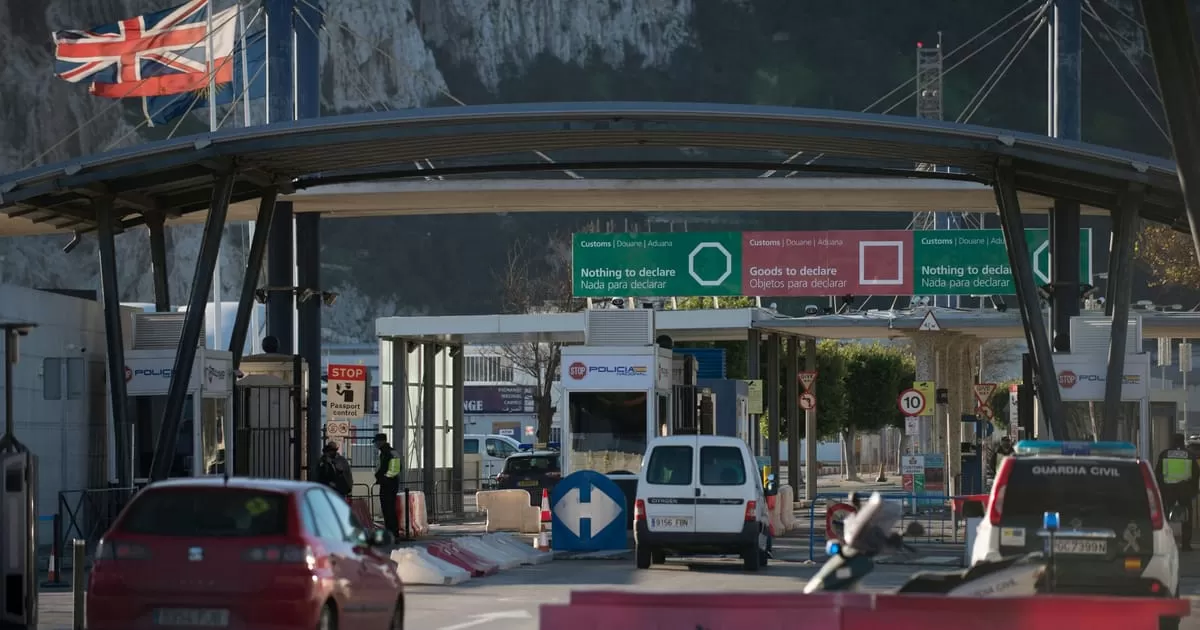The European Commission has recently expressed concerns over the implementation of the terms of the deal between the United Kingdom and the European Union. In a report released by the Commission, it stated that the U.K. has shown “shortcomings” in its efforts to uphold its end of the deal. While this may come as a disappointment to some, it is important to acknowledge that the U.K. and the EU are still working towards a mutually beneficial agreement.
The deal, known as the Withdrawal Agreement, was signed by both parties on December 30, 2020, and came into effect on January 1, 2021. It outlines the terms of the U.K.’s departure from the EU, including the protection of citizens’ rights, the financial settlement, and the Northern Ireland Protocol.
However, the European Commission’s report highlights several areas where the U.K. has not fully met its obligations under the agreement. One of the main concerns is the lack of progress in implementing the Northern Ireland Protocol, which aims to prevent a hard border between Ireland and Northern Ireland. The Commission notes that the U.K. has not yet established the necessary checks and controls on goods entering Northern Ireland from Great Britain, which was a key element of the protocol.
Another issue raised by the Commission is the U.K.’s failure to provide comprehensive data on the implementation of citizens’ rights. The report states that there is still a lack of clarity on the residence status of EU citizens living in the U.K. and their access to social security benefits.
While these shortcomings are cause for concern, it is important to remember that the implementation of such a complex deal takes time and cooperation from both sides. The U.K. and the EU are still in the early stages of navigating their new relationship, and it is natural for there to be some challenges along the way.
In response to the report, the U.K. government has acknowledged the areas where improvements need to be made and has stated its commitment to addressing them. In a statement, a government spokesperson said, “We are fully committed to implementing the Withdrawal Agreement and the Northern Ireland Protocol, and we have already made significant progress in many areas.” They also emphasized the need for both parties to work together to find solutions to any outstanding issues.
It is important to note that the European Commission’s report also acknowledges the progress that has been made in some areas of the deal. For example, the U.K. has fully implemented the citizens’ rights provisions in the Withdrawal Agreement, allowing EU citizens living in the U.K. to continue to reside and work there without any disruption.
The report also highlights the U.K.’s commitment to the financial settlement, with the U.K. government fulfilling its financial obligations to the EU in a timely manner. This is a positive sign of the U.K.’s dedication to upholding its end of the deal.
Furthermore, the U.K. has also made significant progress in areas such as fisheries, aviation, and security cooperation. This demonstrates the U.K.’s willingness to work collaboratively with the EU to find solutions that benefit both sides.
In conclusion, while the European Commission’s report may point out some shortcomings in the implementation of the terms of the deal between the U.K. and the EU, it is important to view it as a constructive assessment rather than a criticism. Both parties are still in the process of navigating their new relationship, and it is natural for there to be some challenges along the way. The U.K. government has shown its commitment to addressing any issues and working towards a successful and mutually beneficial agreement with the EU. Let us remain positive and continue to support the efforts towards a strong and cooperative future between the U.K. and the EU.

